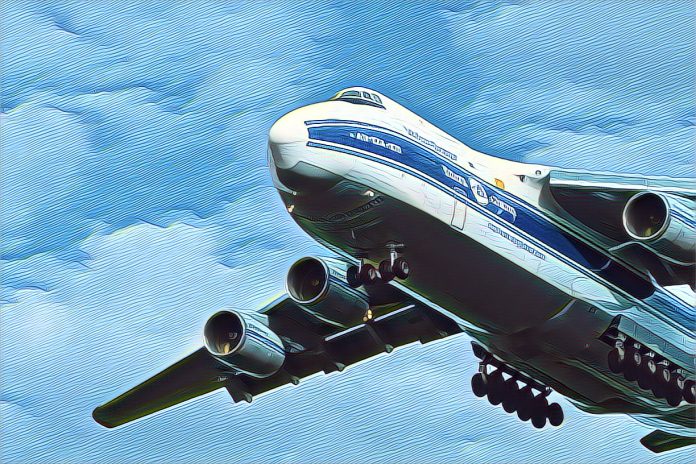The IATA has raised alarm on money blocked from foreign airlines amounting to $1.68 billion, thus crippling the finances of the aviation industry in Africa. Thе figurе that was unearthed during the African Airlines Associations’ 55th Annual General Meeting that took place in Uganda formed half of the global sum of $2.36 billion. Kamil Alawadhi, IATA’s Regional Vice President for Africa and the Middle East underscored the devastating effect that this situation had on both the aviation industry and broader economic connectivity at large.
The revelation of these blocked funds reveals the complex financial challenges that the aviation industry faces in Africa. With the exception of Nigеria which constitutes close to 783 million out of the figure. In spite of recent efforts by the Central Bank of Nigeria (CBN), to clear forex backlogs, a substantial amount of these funds remains inaccessible to airlines.
According to the report by Punch, IATA have been involved in discussions with many governments since 2018 which include returning stranded cash including Angola, Ethiopia, Ghana, Nigeria, and Zimbabwe. These efforts have yielded some successes, but the current condition is dire. Alawadhi pointed out at the crippling effect and the impacted connection, investor confidence and the country reputations of the nations involved. The implications go beyond the airlines and can affect entire economies.
The African aviation industry is going through more difficulties as it recovers from pandemics while faced with frozen funds. It is worth mentioning that IATA warned governments not to introduce higher fees, levies, new taxes on the transport services industry, tourism because these measures would hamper the industry recovery. The association highlights the importance of eco-friendly approaches which are sustainable and do not accentuate the existing challenges.
Recognizing aviation as a major economic enabler, Alawadhi emphasizes collaborative efforts between governments and the aviation sector. Clearing blocked funds and sustainable solutions for ensuring sustainability of the sector is very important. This shows why economic recovery should be balanced against operational needs of airline operators as promoted by IATA’s advocacy.
In their quest to overcome these financial barriers, the hope lies in the fact that collaborative efforts shall provide not only an industry-friendly solution, but also a remedy which benefits the affected economies. The future of Africa’s aviation is dependent on how governments and industry stakeholders will be able to effectively and sufficiently confront these challenges.



